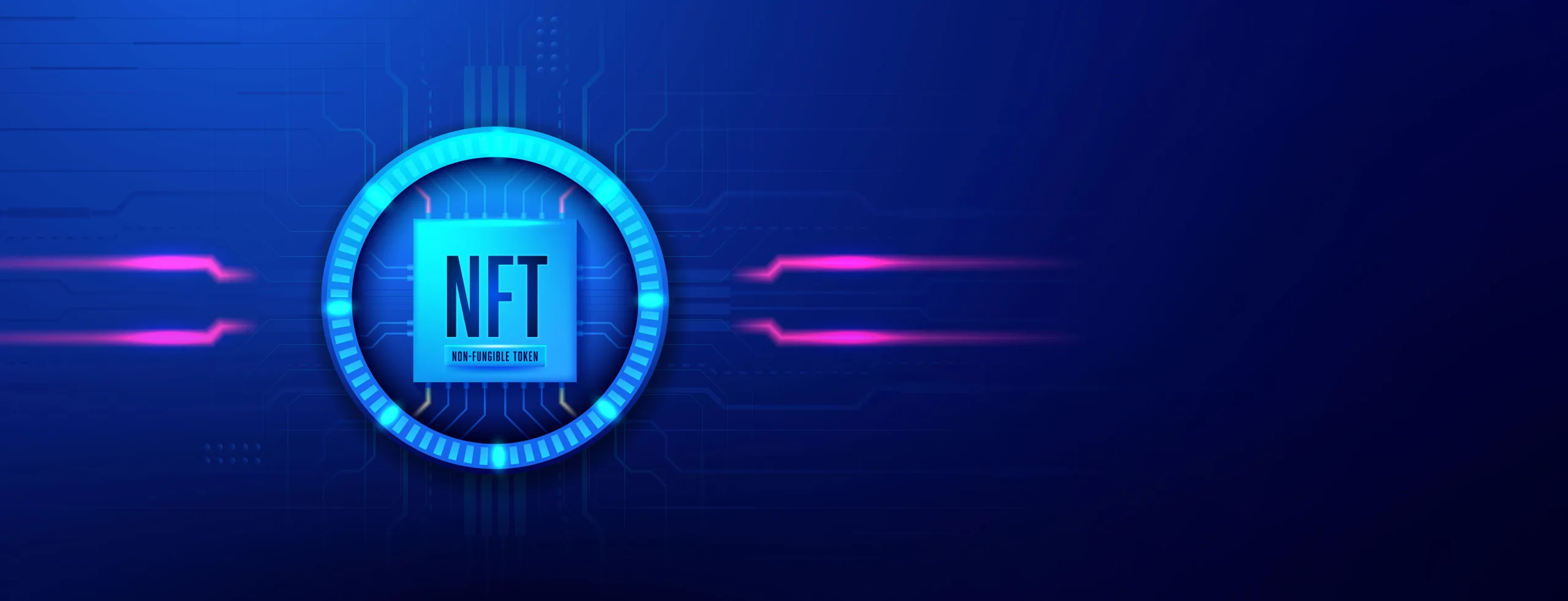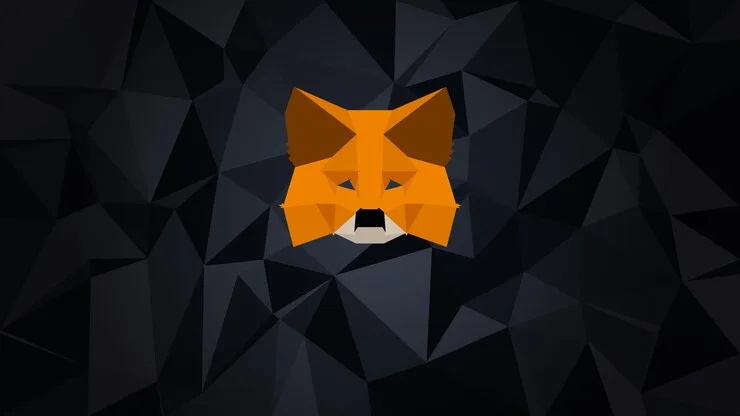- How to Join a Web3 Project: Complete Beginner-to-Expert Guide
- Skills You Need Before Joining a Web3 Project
- Different Roles in Web3 Projects
- Step-by-Step Guide: How to Join a Web3 Project
- Top Platforms to Find Web3 Projects
- Challenges of Joining Web3 Projects
- Tips for Succeeding in a Web3 Project
- Frequently Asked Questions
- Conclusion: Your Journey into the Web3 Future
How to Join a Web3 Project: Complete Beginner-to-Expert Guide
Introduction to Web3 and Decentralization
Web3 isn’t just a buzzword—it’s a technological and cultural shift that’s transforming how we interact with the internet. Unlike Web2, where centralized companies control data and services, Web3 introduces decentralization, where ownership and governance are shared among participants. This model enables users to have more control over their data, digital identities, and financial activities.
But here’s the exciting part: you don’t need to be a blockchain developer to take part in this revolution. Web3 projects are thriving communities made up of developers, designers, marketers, content creators, community managers, and even everyday enthusiasts who simply want to contribute.
Whether you’re a beginner curious about blockchain or an expert looking for cutting-edge opportunities, learning how to join a Web3 project can open doors to financial rewards, personal growth, and career-defining experiences.
Why Join a Web3 Project? Benefits and Opportunities
Joining a Web3 project offers benefits far beyond financial gains. Here’s why it’s worth considering:
-
Ownership and Incentives – Unlike traditional startups, many Web3 projects share ownership through tokens. Contributors can earn not just salaries, but also governance rights and profit-sharing.
-
Global Collaboration – Web3 projects are borderless. You could work with a developer in Singapore, a designer in Berlin, and a marketer in New York—all at the same time.
-
Future-Proof Skills – Blockchain, NFTs, DAOs, and DeFi aren’t passing fads—they’re shaping the digital future. Being involved now positions you as a pioneer.
-
Flexible Opportunities – You can contribute part-time, freelance, or fully commit. Many projects welcome even small contributions, such as moderating a Discord channel or testing new features.
The Rise of Decentralized Applications (dApps)
At the heart of Web3 are decentralized applications (dApps), which replace centralized platforms with peer-to-peer systems. Instead of logging into a platform like Facebook that owns your data, dApps allow you to retain control while still enjoying services.
This shift has given rise to decentralized finance (DeFi), NFT marketplaces, and even decentralized gaming economies. By joining a Web3 project, you’re not just building software—you’re helping shape an entirely new digital world.
Future of Work in the Web3 Economy
The Web3 economy is redefining work itself. Traditional employment contracts are giving way to contribution-based models, where individuals earn tokens for tasks completed. This means your on-chain reputation—a record of your contributions—is just as valuable as your résumé.
Experts predict that Web3 will power the next wave of remote, flexible, and global employment. For beginners, this is a chance to get in early. For experts, it’s an opportunity to lead innovation in a fast-moving space.
Understanding the Core of Web3
Before diving into how to join, it’s crucial to understand the foundations of Web3. At its core, Web3 combines three main elements: blockchain, smart contracts, and decentralized governance.
Blockchain Technology Overview
At its simplest, a blockchain is a digital ledger that records transactions across a distributed network of computers. Unlike a traditional database managed by a single company, blockchains are transparent, immutable, and decentralized.
For Web3 projects, blockchain provides the foundation for:
-
Transparency – Every action is publicly verifiable.
-
Security – Data stored on a blockchain is nearly impossible to alter without consensus.
-
Ownership – Users can truly own digital assets, whether that’s cryptocurrencies, NFTs, or governance tokens.
Popular blockchains like Ethereum, Solana, Polygon, and Polkadot are hubs for Web3 development. Each offers unique benefits such as scalability, low fees, or strong developer communities.
For beginners, understanding how these chains differ is key to choosing the right ecosystem to contribute to. Experts, on the other hand, often specialize in building solutions optimized for specific blockchains.
Smart Contracts and DAOs (Decentralized Autonomous Organizations)
A smart contract is a self-executing program that runs on the blockchain. It automatically enforces rules—like transferring tokens after certain conditions are met—without intermediaries.
This concept gave birth to DAOs, which are communities governed by code and token-holder voting instead of traditional corporate hierarchies. Members can propose ideas, vote on funding, and collectively shape the direction of a project.
By joining a DAO, you don’t just work—you participate in decision-making. Beginners might start by voting on small proposals, while experts could help design governance systems or lead working groups.
Key Tools and Platforms in Web3
To navigate Web3, you’ll need to familiarize yourself with essential tools:
-
Crypto Wallets (e.g., MetaMask, Phantom, Ledger) – Your digital identity and key to accessing dApps.
-
Decentralized Exchanges (DEXs) – Platforms like Uniswap or SushiSwap allow token swaps.
-
Collaboration Tools – Most Web3 projects use Discord, Telegram, and Twitter for communication.
-
Development Frameworks – Tools like Hardhat, Truffle, and Solidity are must-haves for developers.
Understanding these platforms is the first step toward active participation. Beginners might start by setting up a wallet, while advanced contributors can explore smart contract development.
Skills You Need Before Joining a Web3 Project
Whether you’re a beginner or expert, contributing to Web3 requires certain skills. The good news is, you don’t need to know everything at once—you can specialize.
Technical Skills (Blockchain, Coding, Security)
-
Blockchain Basics – Knowing how transactions, gas fees, and consensus mechanisms work.
-
Programming – Languages like Solidity, Rust, and Go are in high demand.
-
Security Awareness – Web3 is prone to hacks; understanding vulnerabilities is crucial.
Even beginners can start by taking free blockchain courses. Experts often deepen their expertise through hackathons and open-source contributions.
Non-Technical Skills (Community, Marketing, Design)
Not a coder? No problem. Web3 projects also need:
-
Community Managers to moderate discussions and onboard new members.
-
Designers & UI/UX experts to create user-friendly dApps.
-
Content Creators & Marketers to educate and grow adoption.
In fact, some of the most successful Web3 projects thrived because of strong communities, not just technical brilliance.
Soft Skills for Collaboration
Since Web3 projects are global and remote-first, soft skills are just as important:
-
Communication – Clear writing in English is often the standard.
-
Adaptability – Projects evolve quickly; flexibility is key.
-
Collaboration – Success depends on teamwork across different time zones and cultures.
By combining hard skills with these interpersonal qualities, you position yourself as a valuable long-term contributor.
Different Roles in Web3 Projects
Web3 projects are like living organisms—they require many different roles to thrive. Here’s how you might fit in:
Developer & Engineer Roles
-
Smart Contract Developers – Write and audit blockchain code.
-
Frontend/Backend Developers – Build user-friendly dApps.
-
Blockchain Engineers – Innovate on core protocol layers.
If you’re technically inclined, this is where the highest demand lies.
Designers, Marketers, and Community Managers
-
UI/UX Designers – Shape the user journey in decentralized apps.
-
Community Managers – Engage members, host AMAs, and foster collaboration.
-
Marketing Specialists – Grow visibility through social media, campaigns, and partnerships.
These roles are ideal for non-technical contributors who excel in creativity and people skills.
Investors, Advisors, and Governance Participants
-
Investors provide capital in exchange for tokens or equity.
-
Advisors bring expertise, networks, or credibility.
-
Governance Participants vote in DAOs and guide strategy.
Even small investors can shape project direction by holding and voting with governance tokens.
Step-by-Step Guide: How to Join a Web3 Project
Now that you understand the fundamentals, let’s break down exactly how to get involved in a Web3 project.
Step 1: Research Projects and Ecosystems
Start by identifying which blockchain ecosystem excites you the most. Ethereum has the largest community, but Solana, Avalanche, and Polygon are growing fast.
Look into:
-
Project websites
-
Whitepapers and roadmaps
-
GitHub repositories
-
Community size and engagement
Step 2: Join Web3 Communities (Discord, Telegram, Twitter)
Most Web3 activity happens in online communities. By joining Discord servers or Telegram groups, you can directly interact with project teams. Twitter (often called Crypto Twitter) is also a vital source for news and networking.
Pro tip: Don’t just lurk—ask questions, share insights, and participate in discussions.
Step 3: Build a Crypto Wallet & Identity
Your wallet (e.g., MetaMask) isn’t just for holding tokens—it’s your on-chain identity. Connect it to dApps, DAOs, and governance portals.
Some contributors also create decentralized identities (DIDs) and reputation systems to showcase past contributions.
Step 4: Start Contributing (Open-source, DAOs, Testing)
Don’t wait for a formal job posting. Many Web3 projects welcome voluntary contributions, such as:
-
Fixing bugs in open-source code
-
Creating educational content
-
Beta-testing new platforms
-
Moderating community channels
Small contributions can lead to larger paid roles or grants.
Step 5: Apply for Roles or Grants
Once you’ve proven your interest, apply for:
-
Bounties – Small tasks with token rewards.
-
Grants – Funding for larger initiatives.
-
Formal Roles – Many projects post jobs on Web3-specific boards.
This progression—research → join communities → contribute → apply—sets you up for long-term involvement.
Top Platforms to Find Web3 Projects
One of the most common questions beginners ask is: “Where do I actually find Web3 projects to join?” Fortunately, there are multiple platforms designed for this exact purpose.
Gitcoin, DAO Platforms, and Hackathons
-
Gitcoin – A hub where developers, designers, and writers can earn by completing tasks or joining hackathons. Gitcoin also provides grants for meaningful open-source projects.
-
DAO Platforms – Sites like DAOhaus, Aragon, and Snapshot allow you to explore and join different DAOs. Some are investment-focused, others are community-driven, and many revolve around governance.
-
Hackathons – Organized by companies like ETHGlobal or Polygon, hackathons are excellent entry points. Beginners can learn through collaboration, while experts showcase innovation and potentially win funding.
Job Boards and Talent Networks
Specialized job platforms are emerging to connect talent with Web3 opportunities:
-
CryptoJobs, Web3.career, and AngelList – Great for developers and non-tech roles alike.
-
TalentDAO and WorkDAO – These focus on building decentralized labor markets where freelancers get paid in crypto.
-
LinkedIn – Increasingly, even traditional platforms now list Web3-related positions.
For experts, these sites are a chance to secure leadership roles. Beginners can use them to find internships, apprenticeships, or entry-level contributions.
Direct Networking in Crypto Communities
Sometimes the best opportunities aren’t advertised—they’re discovered. By being active in Discord chats, Twitter spaces, or Telegram groups, you might meet founders or contributors looking for help.
Tip: Create a professional Web3 identity, perhaps with an ENS (Ethereum Name Service) domain, and actively share your insights. This visibility can attract opportunities naturally.
Challenges of Joining Web3 Projects
While Web3 offers incredible opportunities, it’s important to be realistic. There are hurdles you’ll face along the way.
Security Risks and Scams
Unfortunately, the decentralized world attracts bad actors. Rug pulls (fraudulent projects), phishing attacks, and compromised smart contracts are common.
To stay safe:
-
Never share your private keys.
-
Double-check project credibility before contributing.
-
Use hardware wallets for storing valuable assets.
Regulatory and Legal Issues
Web3 is still in a gray area legally. Some countries embrace it, while others impose restrictions. Issues include:
-
Tax obligations for crypto earnings
-
Unclear rules on DAO governance
-
Potential bans on certain tokens
Staying informed about your local laws is essential, especially if you’re taking on a formal role in a project.
High Competition and Skill Gaps
The Web3 space is booming, which means many people want to join. Developers face tough competition, while non-technical contributors may struggle to demonstrate value.
Overcoming this challenge means continuous learning, building an on-chain reputation, and networking consistently.
Tips for Succeeding in a Web3 Project
Succeeding in Web3 isn’t just about joining—it’s about thriving. Here are strategies to stand out.
Building Reputation in the Community
Reputation is everything in Web3. Unlike traditional jobs where résumés and degrees dominate, here it’s about what you’ve actually contributed.
-
Share your contributions on-chain where possible.
-
Document your work (e.g., GitHub commits, Medium articles, Twitter threads).
-
Be reliable—consistency earns trust.
Staying Updated with Web3 Trends
The space evolves at lightning speed. To stay ahead:
-
Follow thought leaders on Twitter (Crypto Twitter or “CT”).
-
Subscribe to newsletters like Bankless, Decrypt, or CoinDesk.
-
Join online communities for real-time discussions.
Being informed ensures you don’t miss opportunities and can spot promising projects early.
Leveraging Personal Branding
In a decentralized ecosystem, your online identity is your brand.
-
Create content (blogs, videos, or tutorials) showcasing your expertise.
-
Use platforms like Mirror.xyz to publish Web3-native content.
-
Engage with conversations and add value in public forums.
Strong branding attracts opportunities—even without you applying.
Frequently Asked Questions
Conclusion: Your Journey into the Web3 Future
Joining a Web3 project is more than a career move—it’s stepping into a digital revolution. Whether you’re a beginner curious about blockchain or an expert ready to innovate, the Web3 ecosystem offers countless opportunities.
By learning the fundamentals, building relevant skills, and actively engaging in communities, you can find your place in this decentralized world.
Remember: Web3 rewards action. Don’t just read—participate. Set up a wallet, join a DAO, contribute to a GitHub repo, or moderate a community. Each step brings you closer to becoming an active builder of the internet’s future.
The earlier you join, the greater your impact. So, take the leap—Web3 is waiting.




Discussion (0)